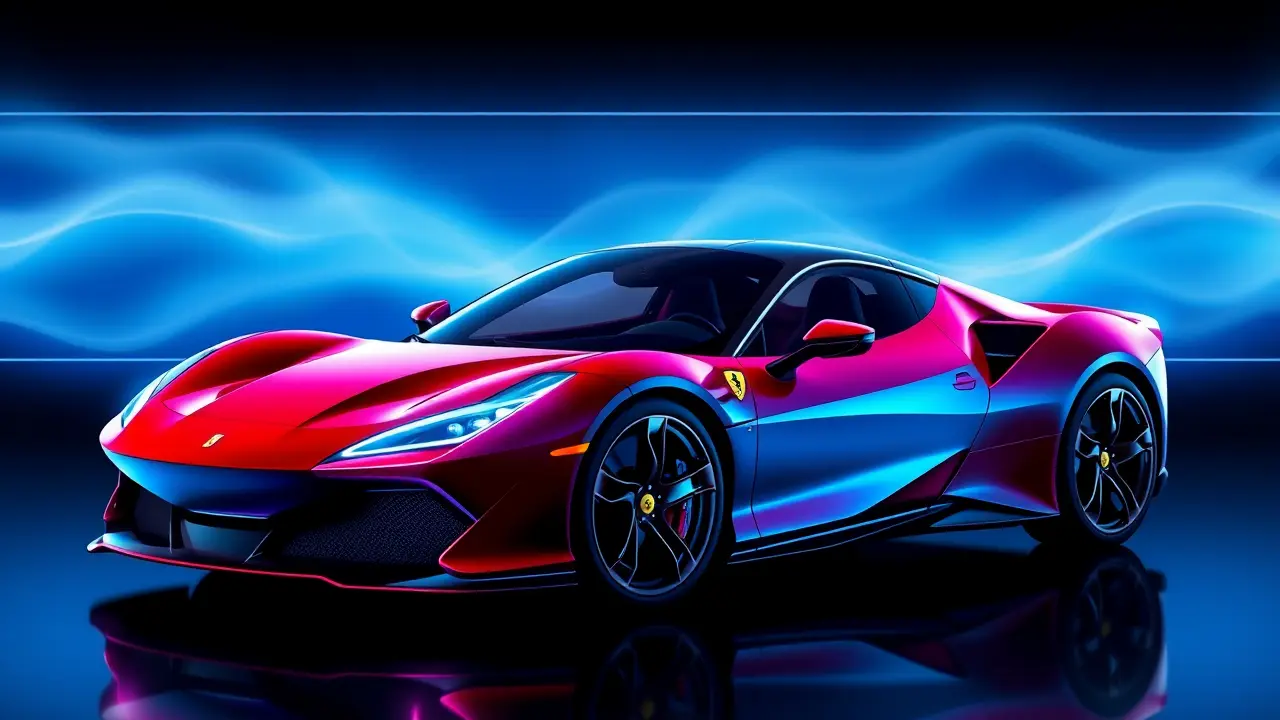Ferrari Reveals Its Electric Powerhouse, and What Could Finally Be Real EV Sound
Ferrari has pulled back the curtain on its first all-electric powerhouse, a machine that doesn't just push the envelope but shreds it with over 1,000 horsepower and a top speed nudging 192 mph. The Italian marque, long synonymous with the visceral scream of a high-revving V12, appears to have tackled the electric vehicle's most profound sensory deficit head-on.While the raw numbers are staggering—including a regenerative braking system capable of generating more than half the force of a full emergency stop—it's the potential solution to the EV sonic problem that truly captures the imagination. For decades, the symphony of a Ferrari engine was as much a part of its identity as the prancing horse badge itself; it was a mechanical aria that stirred the soul and announced its presence long before it blurred past.The transition to electrification threatened to render these emotional supercars as silent and sterile as laboratory equipment, a prospect as horrifying to the Tifosi as a championship loss. But Ferrari's engineers, operating more like composers than mechanics, seem to have approached this not as a problem of noise, but of artistry.They haven't just synthesized an engine note; they appear to have engineered an entirely new auditory experience, one that likely draws from a complex algorithm of vehicle speed, torque, and driver input to create a sound that is both authentic to the brand's legacy and appropriate for its futuristic powertrain. This isn't merely about avoiding the vacuum-cleaner whine of some early EVs; it's about crafting a digital soul.Imagine the deep, resonant hum of a spacecraft from a sci-fi epic, layered with the harmonic promise of raw power, a sound that builds electrically with the urgency of a rising orchestra. This development places Ferrari in a fascinating position within the broader cosmic race of automotive electrification.While companies like Tesla focused on minimalist silence and raw acceleration, and others experimented with artificial sounds piped through speakers, Ferrari is attempting something far more ambitious: to make the absence of internal combustion feel like an evolution, not a loss. It’s a move reminiscent of Elon Musk’s vision for SpaceX—not just to build a rocket, but to make space travel an awe-inspiring human endeavor.The implications are stellar. If Ferrari has indeed cracked the code on EV sound, it could redefine the entire luxury performance segment, forcing rivals from McLaren to Lamborghini to reconsider their own acoustic strategies.It raises profound questions about the future of automotive passion. Can a sound generated by software ever replicate the emotional connection of a mechanical symphony? Or will it create an entirely new kind of affection, one born from digital precision rather than analog chaos? This Ferrari isn't just a car; it's a hypothesis.Its blistering performance stats are the control group, but its sound is the experiment. As it silently glides out of the factory and onto the road, it carries the weight of a legacy and the sound of a future we are only just beginning to hear.
GE
GearheadGreg12 hours ago
over 1000 hp is wild but idk if a fake sound can ever feel the same as a real engine tbh
0
SP
SparkPlug13 hours ago
wow this is actually really cool to see them focusing on the sound and not just the speed, feels like they get it tbh
0
© 2025 Outpoll Service LTD. All rights reserved.
